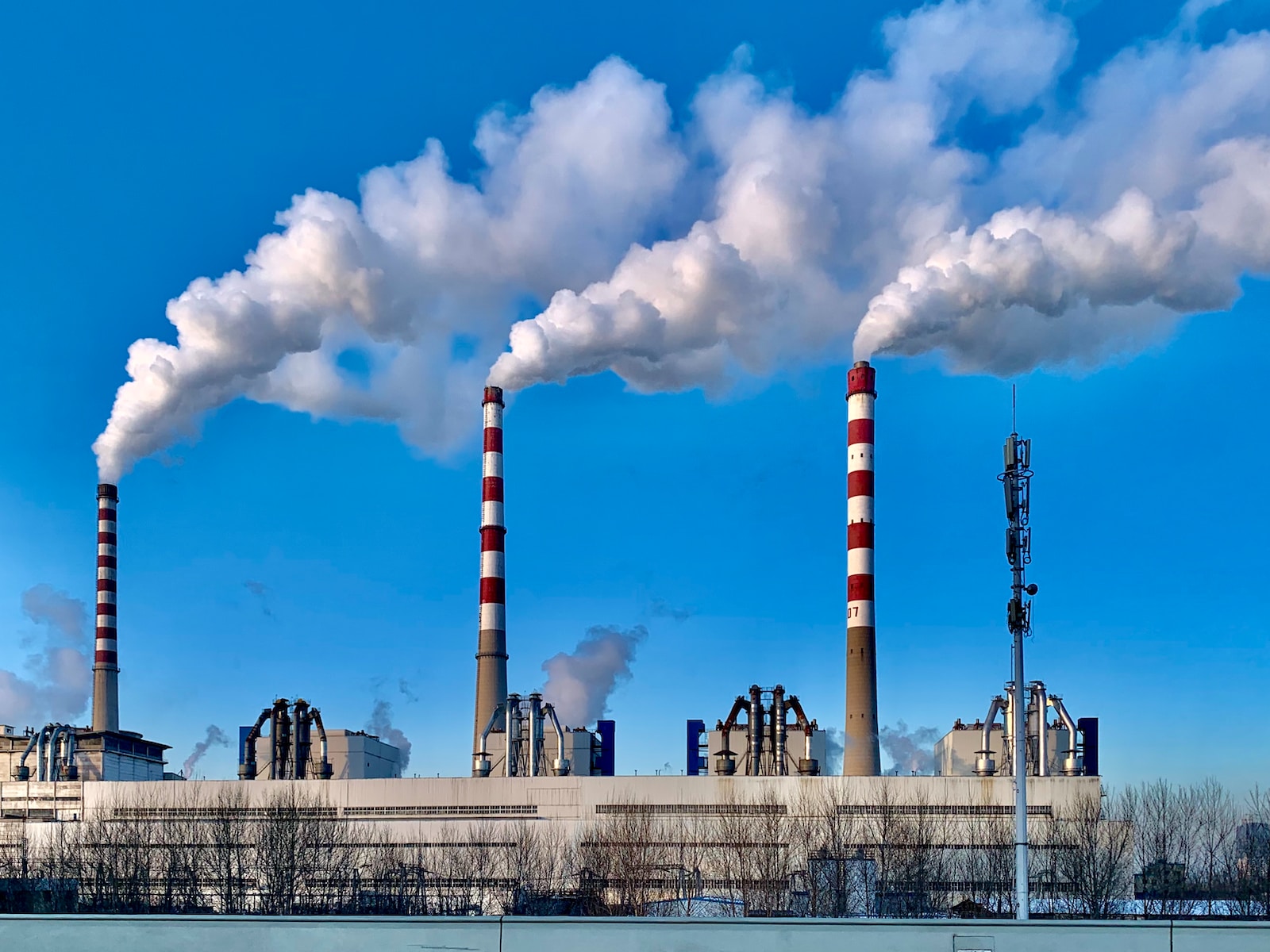- Line, flow, and continuous productions are all types of mass production methods used by businesses to produce large quantities of products efficiently. While each method has its own unique features, they share many similarities in terms of their production processes, automation levels, and standardization.
- Understanding these similarities can help businesses choose the most appropriate method for their production needs.
Similarities between Line, Flow, and Continuous Production:
| Feature | Explanation | Example |
|---|---|---|
| High automation | All three methods heavily rely on automation and machinery to carry out the production process. | In a car manufacturing plant, robots are used to assemble car parts on an assembly line. |
| Large quantities | All three methods are designed to produce a large quantity of products in a relatively short amount of time. | A soft drink company may produce millions of bottles of soda using a continuous production method. |
| Standardization | All three methods have standardized production processes, with each stage being carried out in the same way. | A bakery may use a flow production method to produce thousands of loaves of bread, each one baked for a set amount of time at a specific temperature. |
| Little customization | Products produced using these methods are typically mass-produced with little to no customization. | A clothing manufacturer may use a line production method to produce thousands of identical t-shirts. |
| Efficiency | These methods are designed to optimize the production process for maximum efficiency and output. | A chocolate factory may use a flow production method to produce thousands of chocolate bars per hour, with minimal waste or downtime. |
Differences between Line, Flow, and Continuous Production:
| Feature | Explanation | Example |
|---|---|---|
| Production process | Line production has a linear production process, with each stage being carried out in sequence. Flow production has a continuous production process, with each stage flowing into the next. Continuous production has an uninterrupted production process that runs 24/7. | In a bakery, line production may involve mixing dough, cutting it into individual pieces, baking the pieces, and packaging them. In flow production, the dough may be mixed, shaped, baked, and packaged in a continuous process. In continuous production, the production process may involve raw materials being automatically fed into a machine that produces finished products around the clock. |
| Size of production run | Line production is best suited for short production runs, while flow and continuous production are best suited for long production runs. | A furniture manufacturer may use line production to produce a limited number of custom pieces, while a soft drink company may use continuous production to produce millions of bottles of soda. |
| Flexibility | Line production is the least flexible of the three methods, while flow and continuous production are more flexible. | A car manufacturer may use line production to produce a limited range of car models, while a computer manufacturer may use flow production to produce a range of custom-configured computers. |
| Level of specialization | Line production requires a high degree of specialization, with workers being trained in specific tasks. Flow and continuous production require less specialization, with workers being trained to carry out a range of tasks. | In a car manufacturing plant, workers on the assembly line may be trained to carry out a specific task, such as installing the engine or attaching the wheels. In a soft drink factory, workers on a continuous production line may be trained to carry out a range of tasks, such as monitoring the quality of the product or operating the machinery. |
- Line, flow, and continuous production share many similarities in terms of their high automation levels, standardized production processes, large quantities, little customization, and efficiency.
- However, they also differ in terms of their production processes, size of production runs, flexibility, and level of specialization. Understanding these similarities and differences can help businesses choose




